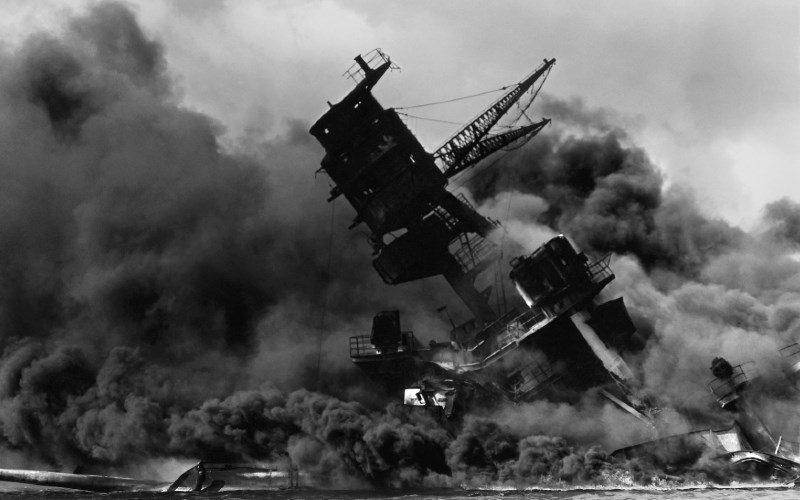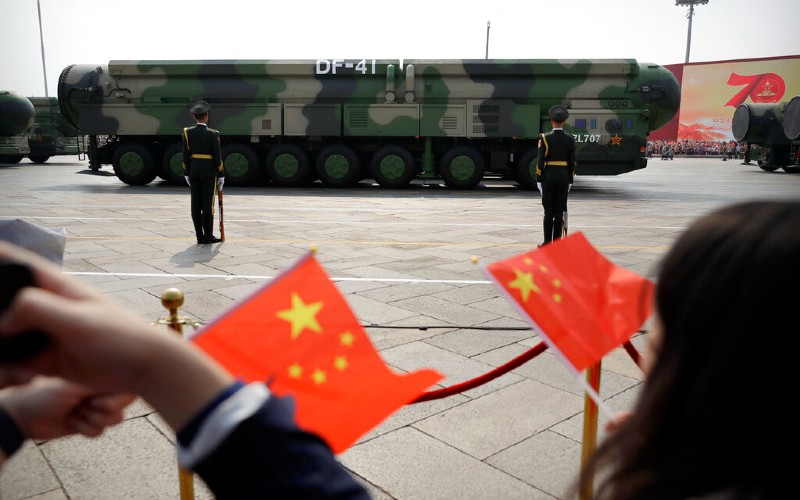In a plan to cripple our naval presence in the Pacific, Japan maneuvered 67 ships within 200 miles of the naval base at Pearl Harbor. Six aircraft carriers launched more 350 aircraft in two waves that swarmed the naval base located on Hawaii’s island of Oahu.
The first wave of Japanese bombers and fighter planes attacked at 7:55 a.m., a Sunday morning, hitting anchored U.S. Navy ships that made plumb targets. Those bombs struck the battleship USS Arizona at approximately 8:10, taking the lives of 1,177 sailors and another 68 civilians when it exploded and sunk, never to be pulled from the waters.

According to Bob Maginnis, a retired U.S. Army intelligence officer now with the Family Research Council, the lesson he remembers is that military intelligence was warned Pearl Harbor was vulnerable to just such an attack. In fact, U.S. military leaders had warned years earlier that Pearl Harbor was open to attack. On that sleepy Sunday morning, 53 minutes before the attack, radar signatures were ignored that could have prepared the island for what was coming.
Maginnis, who briefly lived on Oahu and studied the historic battle, says Japan was planning a “knockout” punch against America.
“They almost did except that, fortuitously, the entire U.S. Pacific Fleet was not in port at Pearl Harbor at that particular time,” he points out. “And, as a result, we did suffer significant losses but we resurrected our armed forces from there."
 Three aircraft carriers in the Pacific Fleet were at sea during the attack, and were spared, and most of the ships attacked that morning were returned to service.
Three aircraft carriers in the Pacific Fleet were at sea during the attack, and were spared, and most of the ships attacked that morning were returned to service.
The next day, in fact, President Roosevelt delivered his “Day of Infamy” speech before Congress and the United States officially entered World War II.
Maginnis says the Pearl Harbor attack is a good reason to take a good look at our enemies, especially China. The U.S. must realize we stand in the way of the Chinese Communist Party, the national security expert warns, much like how Japan's island-grabbing military planners viewed a sleeping America and its troublesome naval base in Hawaii.







